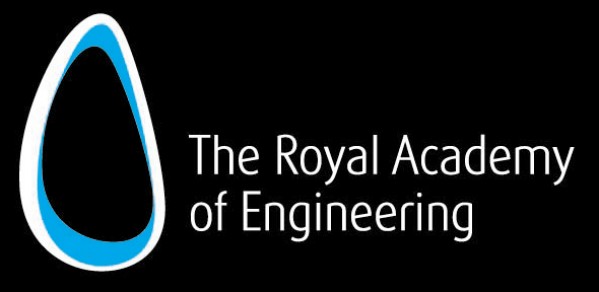
Dr Ioannis Lestas, a member of the Control Group and a Fellow at Clare College, has been awarded a Royal Academy of Engineering Fellowship for the period 2009-2014, to pursue research into "Analysis of Complex Heterogeneous Networks: Scalability, Robustness and Fundamental Limitations".
Ioannis describes his team's research as follows; complex networks are receiving increasing attention by various scientific communities, as a result of their significance and enormous impact in both natural and man-made systems. Such examples could range from Internet protocols, power networks, vehicle platoons to flocking phenomena and gene regulatory networks. On the one hand it is important to understand the fundamental principles and theories behind the success of networks present in nature. But, at the same time, there is an urgent need to develop methodologies for designing large scale networks, where a desired group behaviour can be guaranteed in a scalable way that does not require centralized control. Our research addresses such challenges by focusing in two major directions. We develop novel theoretical frameworks that can lead to scalable network designs, and establish fundamental limitations in biological networks.
By scalability we refer to the requirement of providing prescribed performance guarantees for the entire network, whatever its size, by conditions on only local interactions. Consider, for instance, the case of the Internet. This is a vast interconnection where congestion control protocols have been deployed from an early stage. These are essentially local feedback schemes that have been originally designed after extensive simulations on specific topologies, with no guarantees about their performance in a continuously evolving network. They have therefore often turned out to be sluggish and inefficient, with an urgent current need for improved alternatives. A main recent contribution of our research has been to show, how an interplay between control theory and mathematical tools from convex and complex analysis, can lead to methodologies for efficiently designing local feedback rules in a large scale network. This is an abstraction that is relevant in diverse applications such as data network protocols, unmanned vehicle formations, distributed computation in sensor networks, and synchronous operation in power networks. Our current aim is to further extend and generalize these systematic analysis and design tools, as they can lead to less conservative local interaction schemes, with a better utilization of the network resources.
For the case of biological networks we focus on life processes within the cell and at the molecular level. These are well known to be inherently noisy processes, with a substantial part of the resulting fluctuations being intrinsic, arising from the spontaneous births and deaths of individual molecules. Understanding the way this noise is exploited or suppressed within the cell is of major importance for inferring the functionality of the underlying biochemical reaction networks. Our research is associated with the modeling and analysis of stochasticity in gene regulatory networks; but, more importantly, using a combination of tools from control, information theory and advanced probability theory, we establish fundamental limitations in the suppression of intrinsic noise in molecular concentrations. These are hard bounds that hold for arbitrary feedback, being a result of simple generic features of the underlying processes. Such features include causality in conjunction with limited information, arising from the inevitable presence of delays and noisy feedback channels with finite capacity.

